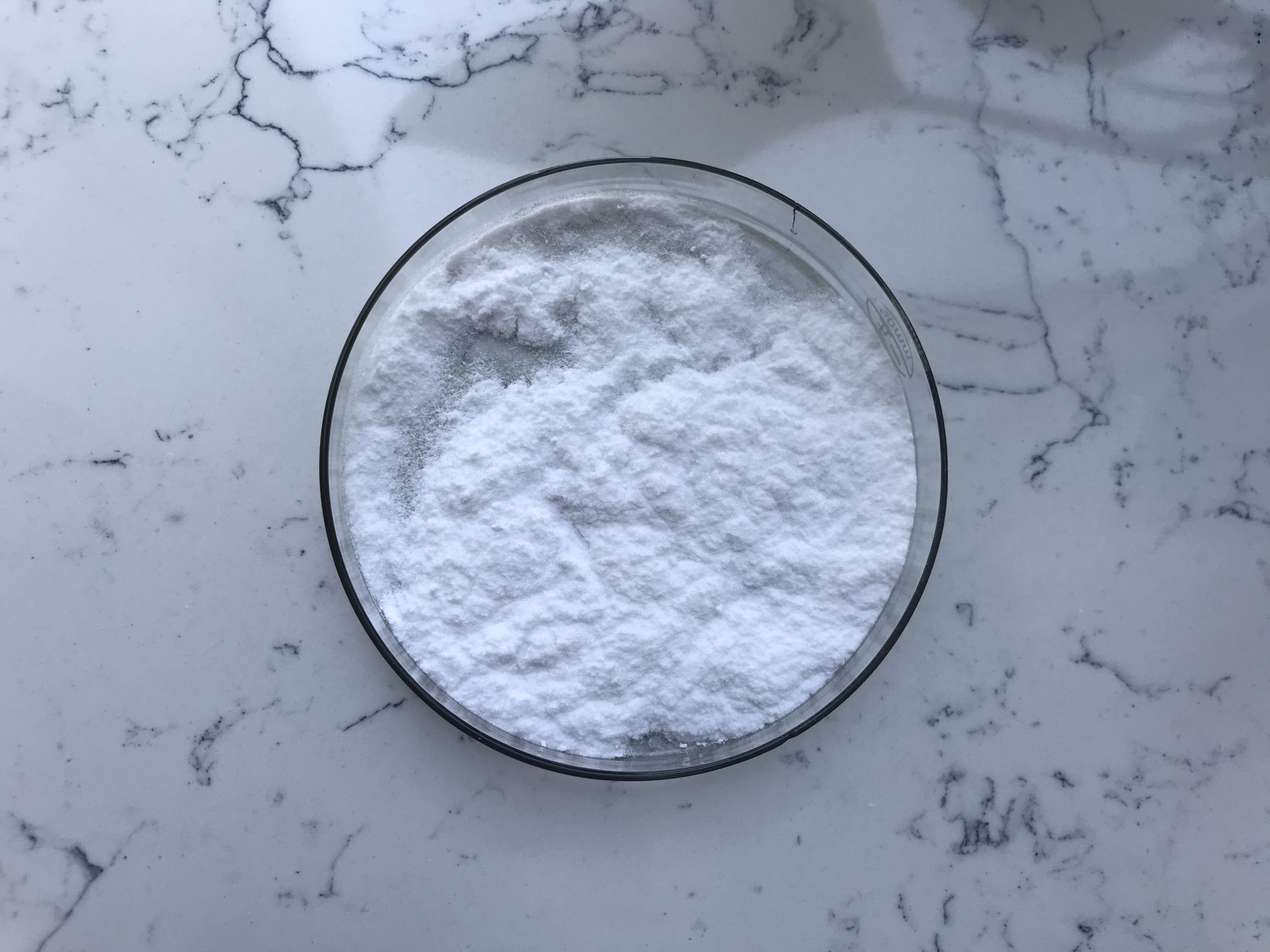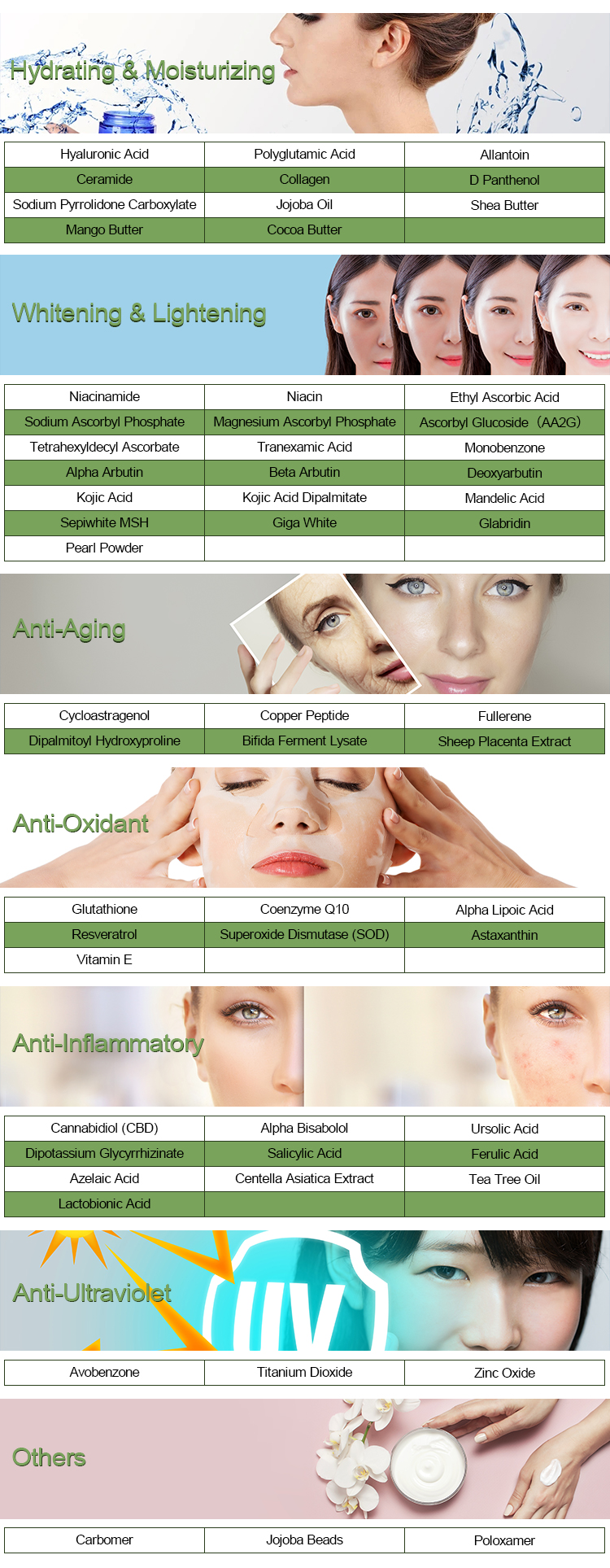Beta arbutin is a synthetic derivative of hydroquinone, commonly used in skincare products for its skin-brightening and lightening properties. It is often considered a safer alternative to hydroquinone due to its reduced potential for skin irritation and toxicity. However, like any skincare ingredient, beta arbutin has its own set of pros and cons. Let’s explore them:

Pros of Beta Arbutin:
Skin brightening: Beta arbutin works by inhibiting tyrosinase, the enzyme responsible for melanin production, leading to a reduction in dark spots and hyperpigmentation. This can result in a brighter and more even skin tone.
Mild and less irritating: Compared to its parent compound hydroquinone, beta arbutin is less likely to cause skin irritation, redness, or dryness. This makes it suitable for individuals with sensitive skin.
Gradual and safe action: Beta arbutin tends to work slowly and gently on the skin, which is generally safer than harsher, faster-acting ingredients.
Antioxidant properties: Beta arbutin exhibits antioxidant effects, helping to neutralize free radicals and protect the skin from environmental damage.
Suitable for various skin types: Its mild nature makes it suitable for a wide range of skin types and concerns.
Cons of Beta Arbutin:
Slower results: While beta arbutin is generally safer, its effects may take longer to become noticeable compared to more potent skin lightening agents like hydroquinone or some other chemical peels.
Limited research: The scientific research on beta arbutin is still relatively limited compared to other skincare ingredients, so its long-term effects and potential interactions with other ingredients are not fully understood.
Not suitable for all forms of hyperpigmentation: Beta arbutin may not be as effective for certain types of hyperpigmentation, such as deep-set melasma or post-inflammatory hyperpigmentation.
Dependency on product formulation: The effectiveness of beta arbutin can vary depending on the concentration used in skincare products, the overall formulation, and how well it penetrates the skin.
Incompatibility with some ingredients: Beta arbutin may not work well in combination with certain other skincare ingredients or treatments, reducing its efficacy.

As with any skincare product or ingredient, individual responses may vary, and it’s essential to patch-test new products to ensure they are suitable for your skin. Additionally, consult with a dermatologist or skincare professional to determine the best approach for addressing your specific skin concerns.
